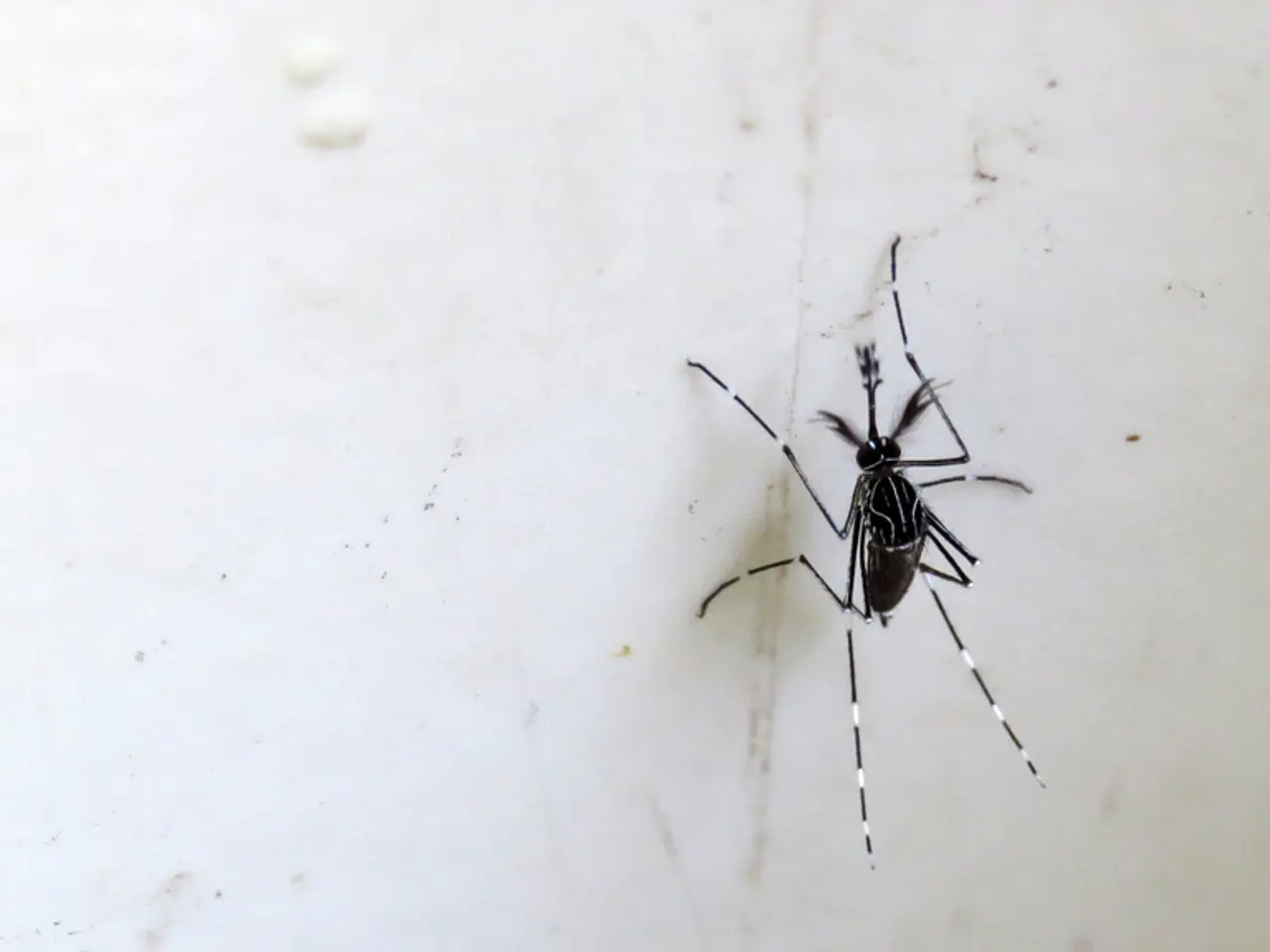The quoted message indicates that the cartoon's text warns against physical harm, stating that the depicted individual has not been found as of yet.
In a significant step towards public health and disease prevention, the Bior Institute in Latvia has launched its first-ever mosquito monitoring program [1]. The initiative, which commenced this summer, aims to identify different mosquito species present in the country and screen them for viral diseases.
While the specific mosquito species under scrutiny are yet to be disclosed, the focus is likely on those known to be vectors of diseases, such as those in the genera Aedes, Culex, and Anopheles. The primary goal is to assess the current mosquito population composition and monitor any presence of pathogens to support public health measures and disease prevention strategies.
Seven locations across Latvia have been equipped with traps to catch mosquitoes as part of this program. However, the exact locations have not been disclosed in the available information.
It is important to note that this mosquito monitoring in Latvia is not related to the introduction of wild boars from Russia, as previously reported.
This initiative is a testament to Latvia's commitment to maintaining a healthy and safe environment for its citizens. The Bior Institute's efforts are expected to provide valuable insights into the mosquito population in Latvia, ultimately contributing to the development of effective disease prevention strategies.
[1] Source: Baltnews
This article is accompanied by a caricature by Gatis Slut.
The Bior Institute's mosquito monitoring program in Latvia is focused on identifying various mosquito species, particularly those from the genera Aedes, Culex, and Anopheles, known for carrying medical-conditions like viral diseases. This endeavor aims to support health-and-wellness measures and disease prevention strategies by assessing the mosquito population composition and monitoring any presence of pathogens.




